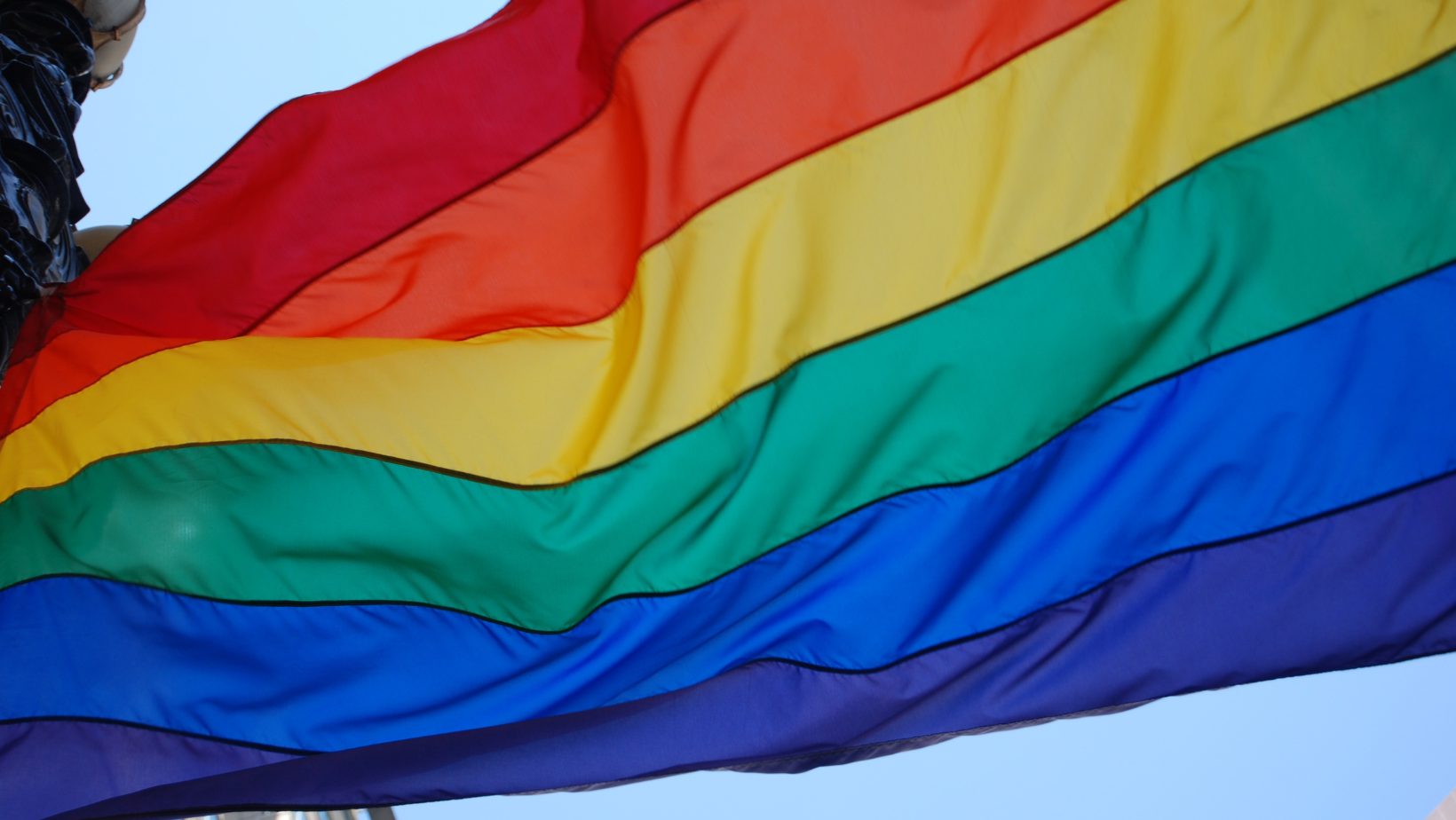British LGBT Awards Takes Stand Against Fossil Fuel Industry Sponsorships
In a bold move reflecting the growing cultural backlash against the fossil fuel industry, the British LGBT Awards have announced the termination of sponsorship deals with Shell and BP. The decision comes as a result of several nominees and judges withdrawing their participation from the event. Among the notable figures who disassociated themselves from the awards are comedian Joe Lycett, drag artist Cheddar Gorgeous, and most recently, Divina de Campo, who declared, “There’s no pride on a dead planet.”
The British LGBT Awards, which celebrates queer and LGBT celebrities, role models, and organizations, expressed sadness over the withdrawals while recognizing the significance of the concerns raised. In a statement, they emphasized their commitment to advancing equality, diversity, and inclusion within the LGBTQ+ community. As a result, the event organizers revised their supporters for this year’s awards and pledged to review their long-term strategy moving forward.
In an Instagram post, Divina de Campo explained her decision to decline her nomination for influencer of the year. She expressed her moral stance, stating that being an influencer holds little value when the world is plagued by death and scarcity. She also criticized the corporate greed perpetuating misery and pointed out that BP and Shell, as prominent industry players, are complicit in the problem.
Climate campaigners, who launched a letter-writing campaign to nominees, applauded the awards organizers’ decision. However, they emphasized the need for further action and called for the removal of sponsorship deals with HSBC, Santander, Macquarie Capital, Amazon, Tesco, and Nestlé due to their involvement in the fossil fuel industry. Fossil Free Pride, the group behind the campaign, expressed the belief that such events should be centered around queer people rather than corporate logos.
Nevertheless, critics argue that campaigns like these may inadvertently harm marginalized communities, which often rely on corporate support to fight for their rights and gain recognition. Linda Riley, editor of the LGBTQ+ magazine Diva, cautioned against knocking down one’s own community and encouraged redirecting efforts toward challenging far-right atrocities.
BP expressed disappointment over the organizers’ decision but reiterated its commitment to promoting diversity, equity, and inclusion within its organization. The company, which employs over 15,000 people in the UK, emphasized the importance of fostering an inclusive environment year-round. Similarly, Shell, which previously considered itself a “supporting sponsor” of the awards, stated that its involvement aimed to highlight its commitment to inclusivity through its LGBT staff network and its drive to become a net-zero emissions energy business by 2050.
The British LGBT Awards’ decision to sever ties with Shell and BP underscores the increasing scrutiny of corporate sponsorships from industries contributing to environmental degradation. This pivotal move sends a powerful message about the alignment of values and the recognition that embracing sustainability and equality must go hand in hand. As the awards ceremony approaches, protesters continue to plan demonstrations outside the event, demonstrating their determination to advocate for a more inclusive and environmentally conscious future.

